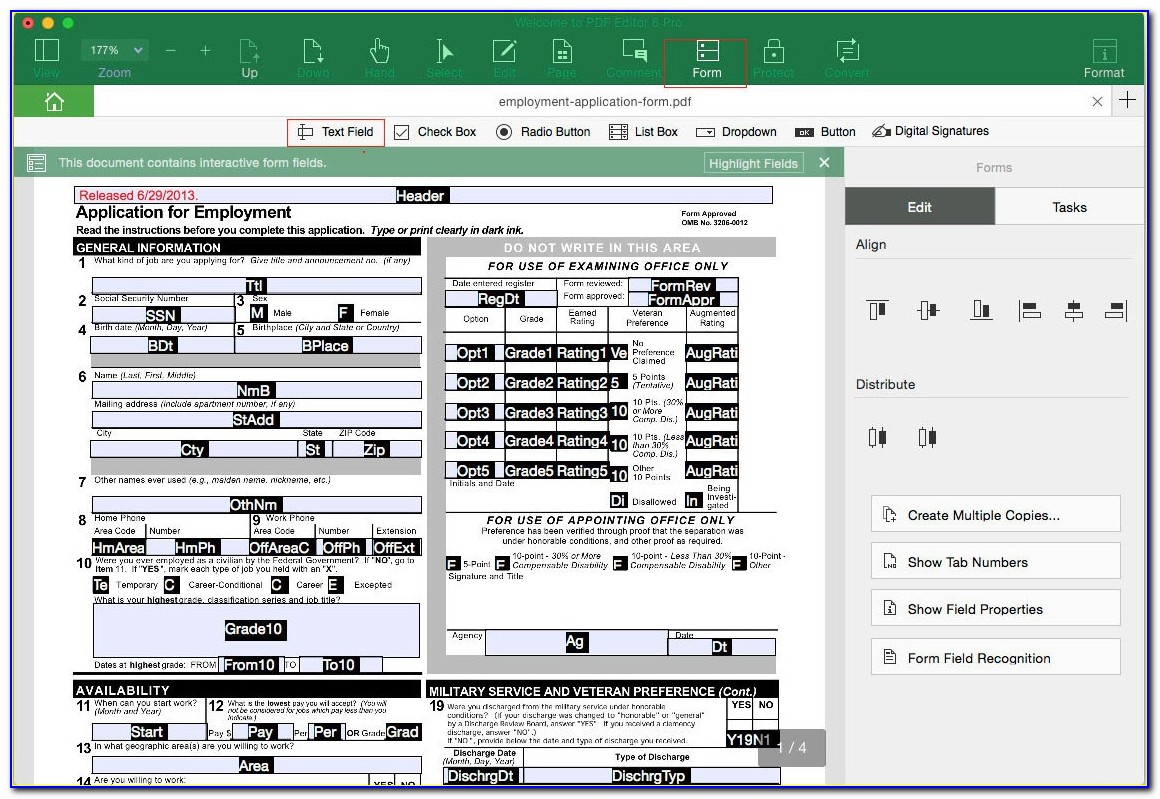
Reading PDFsįor reading PDFs, these days many people get by without having to use an external application at all.

Since PDF files are used in so many different situations for so many different kinds of purposes, you may need to shop around to find the open source alternative to Adobe Acrobat that meets your exact needs. And for Linux users like me, a proprietary application that only runs on Windows or Mac isn't an option anyway. But today, there are numerous open source PDF applications which have chipped away at this market dominance. And, love it or hate it, PDF, the " portable document format," seems to be the go-to format for creating and sharing print-ready files, as well as archiving files that originated as print.įor years, the only name in the game for working with PDF documents was Adobe Acrobat, whether in the form of their free reader edition or one of their paid editions for PDF creation and editing. Until the world moves a little further from paper, print-ready file formats will continue to permeate our digital landscape as well. And I do occasionally admit to reading a paper book, sending a postcard, or (gasp) printing something off to give to someone else. Instead, we've managed to land in an intermediate state of not paperless, but less paper.īetween a trusty scanner, email and various other communication tools, and getting really good at organizing my digital archives, I'm not totally unhappy with where we are today. I can't be the only person who imagined the office of the future, free from the confines of the eight and a half by eleven sheet (or A4, for my international friends), would have long since arrived. Welcome to the communityĪren't we supposed to be living in a paperless world by now?.


 0 kommentar(er)
0 kommentar(er)
